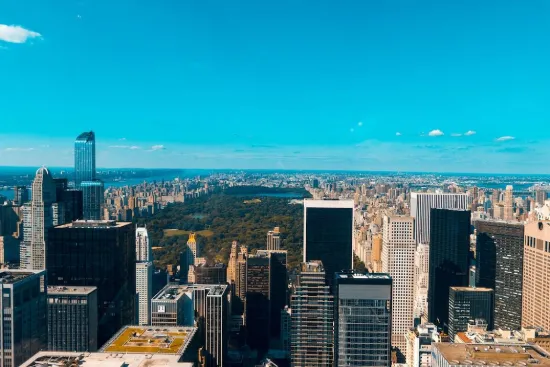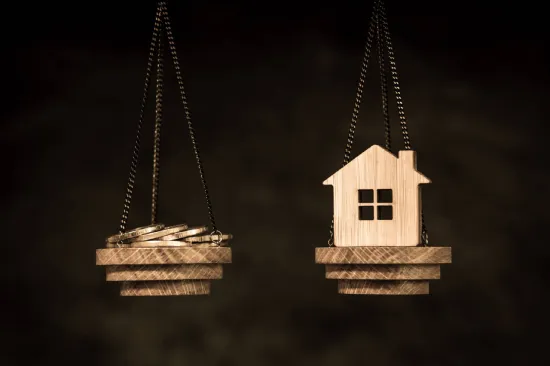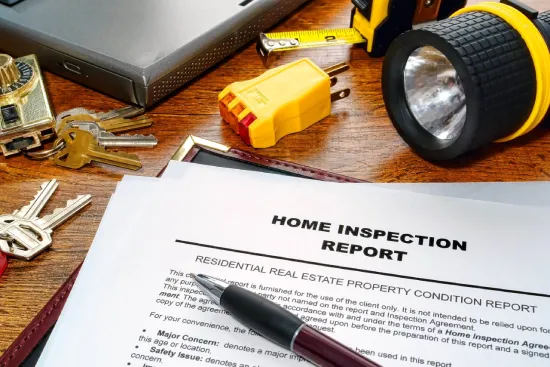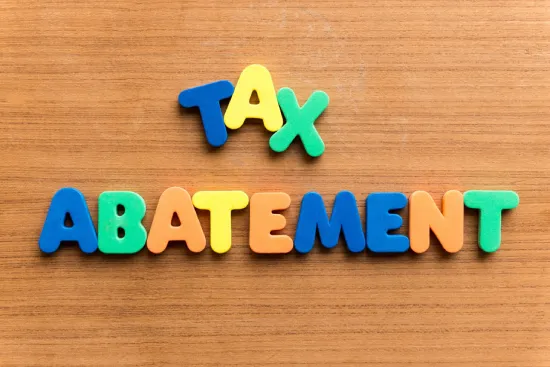Single-Family Homes
Buying a single-family home is often one of the biggest investments you will ever make. It can be very challenging if you don’t know how to go about it, so it’s imperative to be as prepared as possible. Keep in mind that you don’t have to do all these steps in this exact order, but this is a general guideline as to how you should approach the buying process. You might already have a real estate attorney picked out, or you might be paying all cash and don’t need a lender. Everyone’s situation is different. My goal is for you to better understand what it’s like to buy in NYC. Please reach out to me if you have additional questions so I can make your buying process as easy as possible.
- STEP 1
- STEP 2
- STEP 3
- STEP 4
- STEP 5
- STEP 6
- STEP 7
Make Sure It’s Properly Zoned
One of the first things you should look for in a single-family townhouse is whether it has been legally converted as a single-family (with the right certificate of occupancy) or it has the right zoning and classification. If you’re looking to buy a single family, but it was illegally converted from a multi-family property, you may have some issues.
Find Your Ideal Location
Unlike condos and co-ops, where the location of the apartment building (within the neighborhood) is considered as a whole, townhouse locations are assessed individually. The location of the townhouse within the block can also impact its purchase price and resale value. How close the townhouse or single-family is to the neighborhood attractions is also important to note.
Pay Attention To What Type of Construction It Is
Whether a townhouse is a brownstone, limestone, or brick can also make a difference, not just in aesthetics but in renovations as well. The age of the property is also an important feature. You may find an old townhouse with many of the original design features a better purchase (due to its character) than a recently renovated modern townhouse.
Check The Landmark Status
If a townhouse has landmark status, you will need permission from both the Department of Buildings (DoB) and NYC Landmarks Preservation Commission (LPC) for any renovations or expansions.
Notice Width Of House
The usual townhouse width in NYC is between 18 to 20 feet. The width impacts how much natural light and air would be available as well as the layout. Wider and more spacious rooms are easier to decorate and are usually more attractive than narrow and deep rooms. This is why the width also influences the price of the property. Wider than normal townhouses (25 feet or more) are called trophy properties and might fetch a much higher price.
Assess The Condition, Get An Inspection
When you buy a townhouse in NYC, you will be solely responsible for the renovations, upkeep, and maintenance. So if you are comfortable finding the right licensed contractor and architect and overseeing the renovations of your townhouse, you can choose one that needs extensive work. If not, you should limit yourself to recently renovated or well-maintained townhouses, even if you have to pay more. Make sure you get an inspection prior to going into contract so you can garner a better understanding of what the renovation costs will be.
Prepare Your Down Payment
For most single-family townhouses, you may not be expected to put more than 20% in a down payment. The actual dollar amount you need to put down might be much higher than a condo or co-op due to the higher property price, but single-family homes typically command a lower price per square foot than a similar condo.
ARTICLES FOR Single-Family Homes

Financing Your NYC Real Estate Investment Through Mortgage
It’s possible to get a bank/financial institution to finance (part of) your real estate investment, but the process is different

9 Reasons Why You Should (and Shouldn’t) Buy A Penthouse in NYC
There are several reasons you should consider buying a penthouse in NYC. Privacy High-end penthouses represent the epitome of luxury

What is a LEED Building?
LEED buildings are energy-efficient and eco-friendly structures that are awarded a LEED certificate. Different LEED certifications indicate how green a building is.

HOAs vs. Common Charges vs. Real Estate Taxes
HOA fees and condo common charges are paid to the managing bodies responsible for the community, while property taxes are paid to the city government.

What Are Inspections?
An inspection is an assessment of the property’s condition done by a licensed professional in which they aim to identify any problems with the property.

What Is A Tax Abatement?
A tax abatement allows property owners in NYC to reduce their property tax obligations. The right abatement can significantly reduce the cost of owning a property.





